Vokiečių armijos betoninis ugnies punktas prie Kegumo HE rezervuaro Žegos upės žiotyse
Įtvirtinimas


 60
60


Įsikūręs Kegumo HE rezervuare prie Žegumo upės žiočių (priešais Žegumo namus), kairiajame jos krante. Vienas vizualiai ir vaizdingai įspūdingiausių bei geriausiai išsilaikiusių betoninių gaisrinių, skalaujamų Dauguvos bangų. Jį galima pamatyti iš didesnio atstumo. Nuo kranto iki gaisrinės viršūnės (apaugusios žole) pastatytas pėsčiųjų tiltas. Į gaisrinės betonines sienas įmūryti siaurojo geležinkelio (?) bėgiai. Į jį galima patekti nuo pėsčiųjų tilto. Tai vienas iš Vokietijos armijos Pirmojo pasaulinio karo gynybos linijos ugnies taškų kairiajame Dauguvos krante, kurį galima daugiau ar mažiau atsekti per visą Dauguvos kairįjį krantą. Minėta gynybos linija yra didelio masto karinė sistema, kuri dar nėra iki galo įvertinta kaip vientisas darinys. Gaisrinės liekanas galima apžiūrėti plaukiant valtimi Kegumo HE.
Jūsų komentarai
Per privačią nuosavybę, dėl to tekstas sako, kad reikia žiūrėti iš upės.
Yra labai naudinga svetainė, kurioje kiekvienas gali lengvai rasti atsakymus į šiuos klausimus: https://www.kadastrs.lv/graphical_data/show .
Susijusios temos
Susijusi istorija
Gelbėtas tiltas per Negos upę nuo sprogdinimo
1944 m., vokiečiams traukiantis, buvo susprogdinta daug svarbių objektų ir to išvengti buvo labai sunku, tačiau pasakojama ir apie stebuklingus atvejus, kai vietos gyventojų drąsa ir kareivio tolerancija leido išsaugoti vietos gyventojams svarbias vietas, o lašišos išgyveno. Viena iš istorijų – apie namų šeimininkės ir vokiečių kareivio pokalbį, kuris išgelbėjo visą tiltą nuo susprogdinimo.
Pastangos užkirsti kelią Kegumo HE sprogimui
Antrojo pasaulinio karo metu, armijoms traukiantis, Latvijoje buvo susprogdinta daug kariniu ir logistiniu požiūriu svarbių objektų, kad šie ištekliai neliktų priešui. Tokie objektai buvo ir Kegumo apylinkėse, kur vienas svarbiausių objektų yra Kegumo HE, kuri, jos darbuotojų pastangų ir pastangų dėka, nebuvo visiškai sunaikinta.
Gyvenimas Kegumo pusėje Antrojo pasaulinio karo metu
Blykstelėjo prisiminimai apie dabar jau tolimus karališkuosius laikus. Vyresnei kartai tai primindavo jų pačių patirtį, o jaunesniajai kartai tai galėjo būti nuobodu.
Prisiminimai iš dienoraščio, palikto tarnaujant Kegumo HE
Jānis Jaunozoliņš. „Prisiminimai iš dienoraščio, palikto svetur“ (1944 08 16-1946 10 13.) Fragmentai.
Aktoriaus Harijaus Liepinio prisiminimai apie tarnybą Vokietijos armijoje
Vėliau išpopuliarėjęs aktorius Harijs Liepiņš buvo pašauktas į Vokietijos armiją ir 1944 m. rudenį išsiųstas į Kegumą.




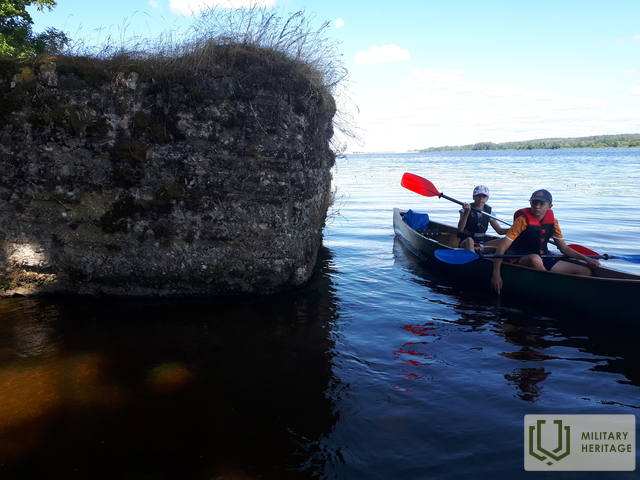
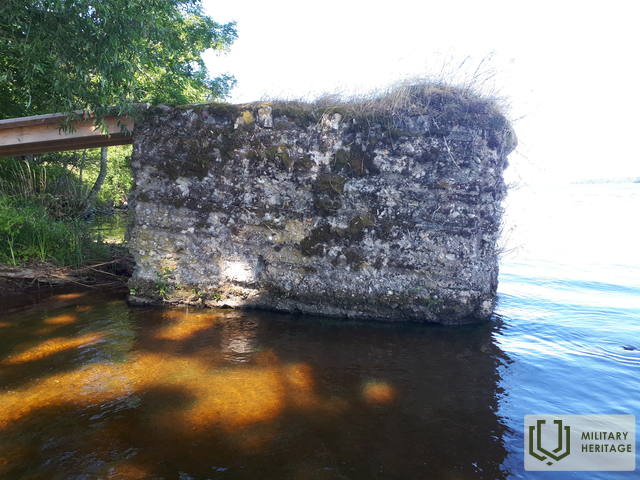
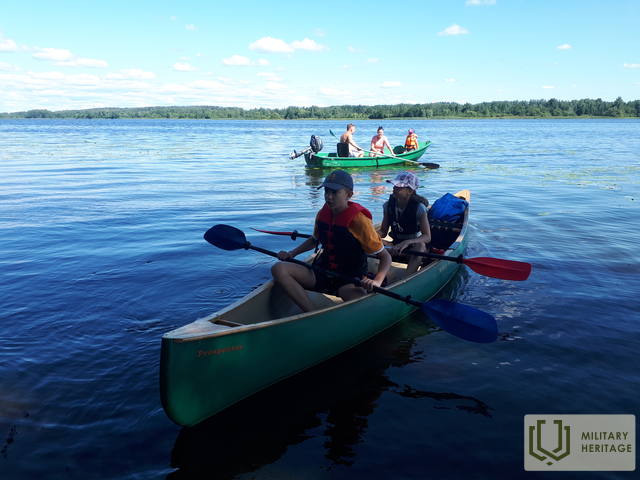
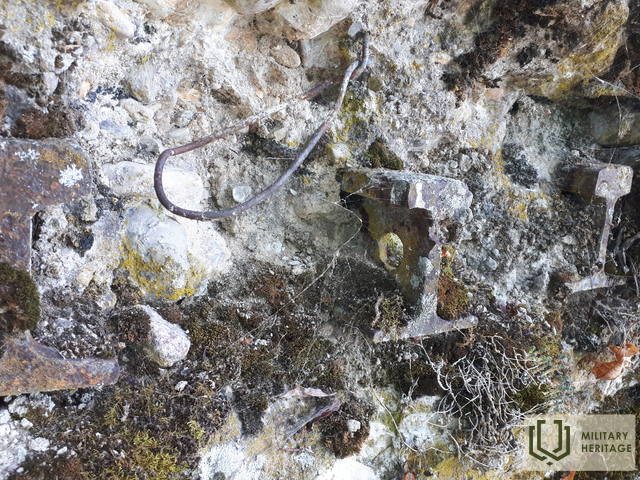
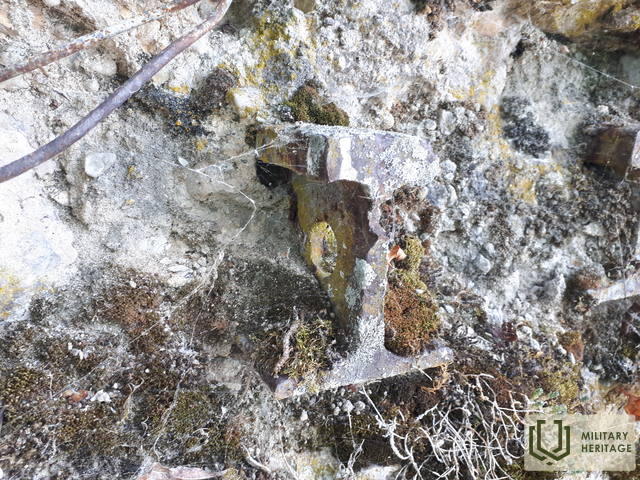
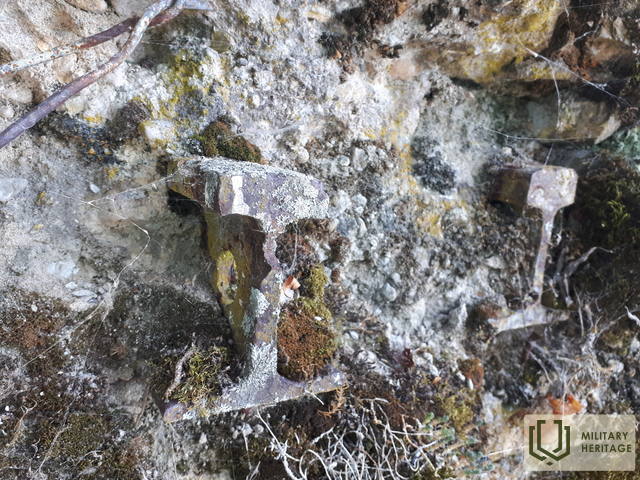
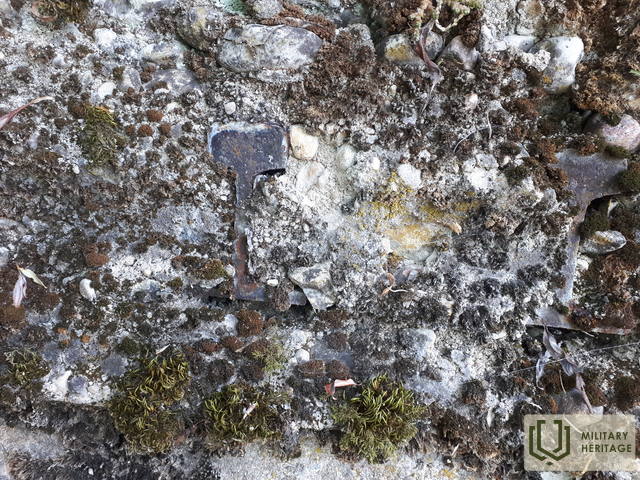
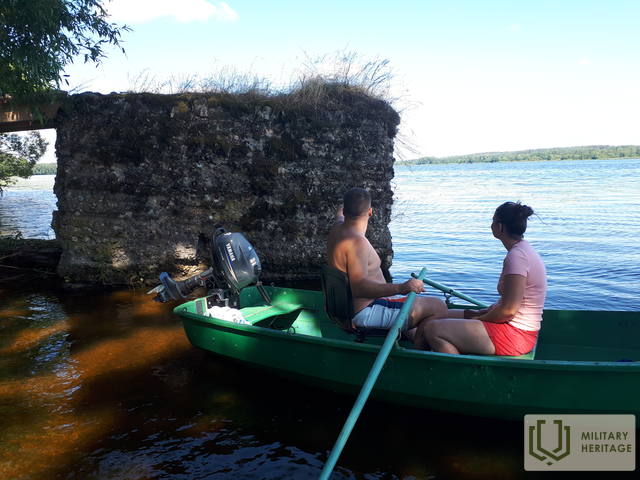
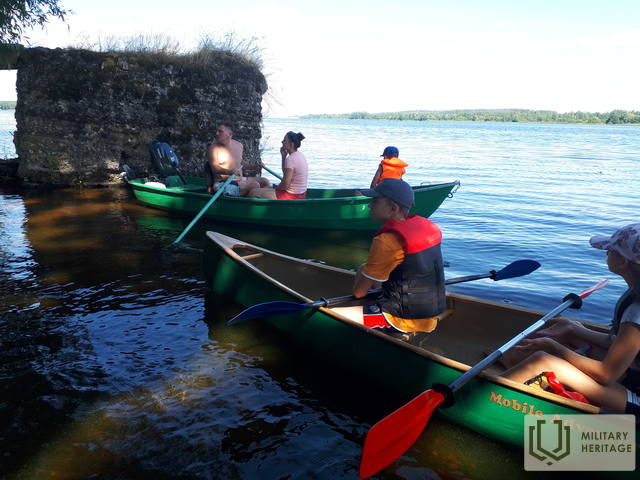
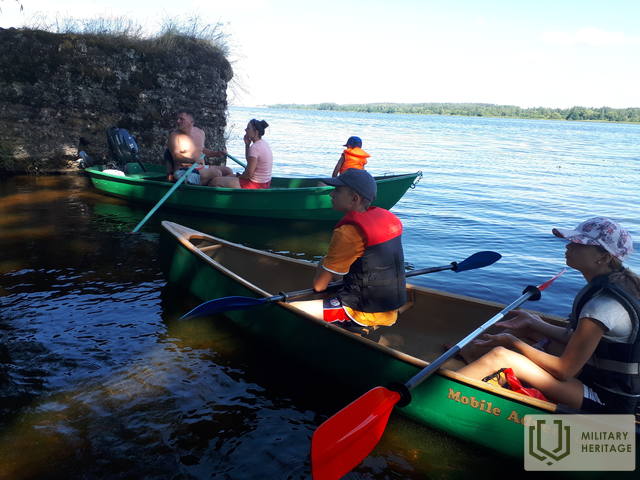
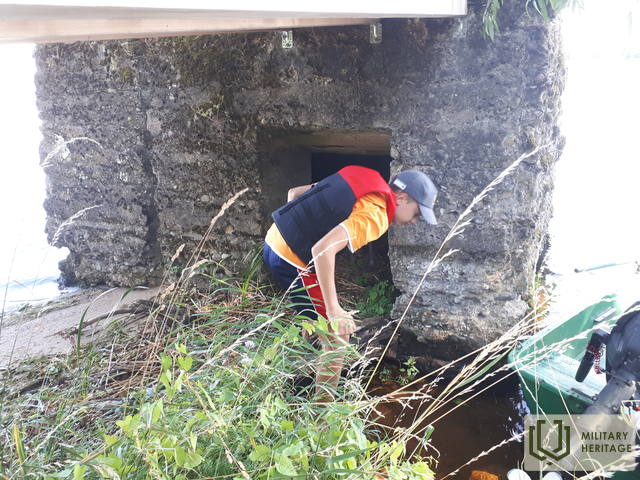
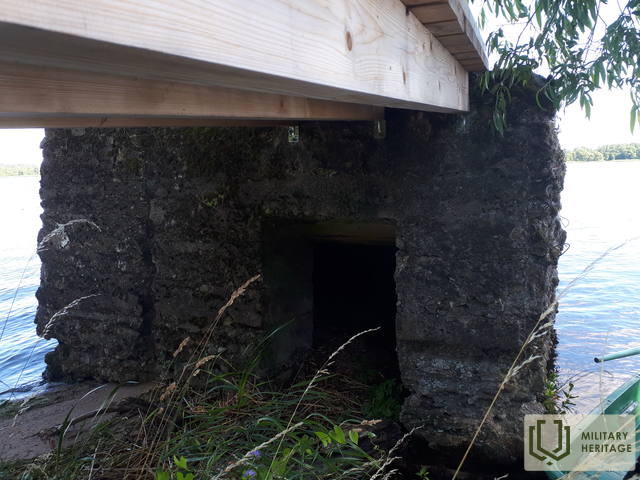
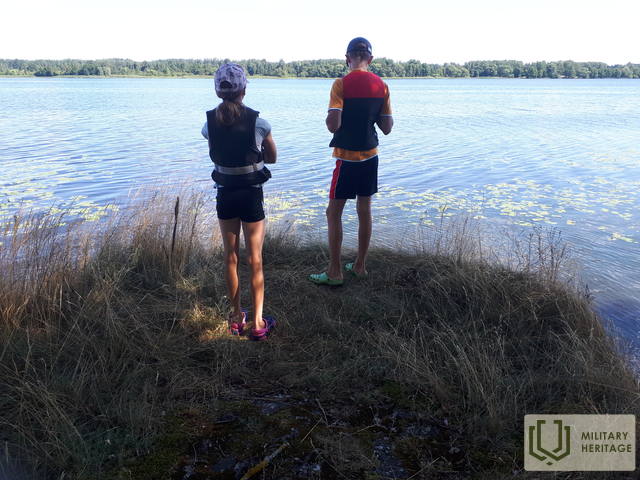
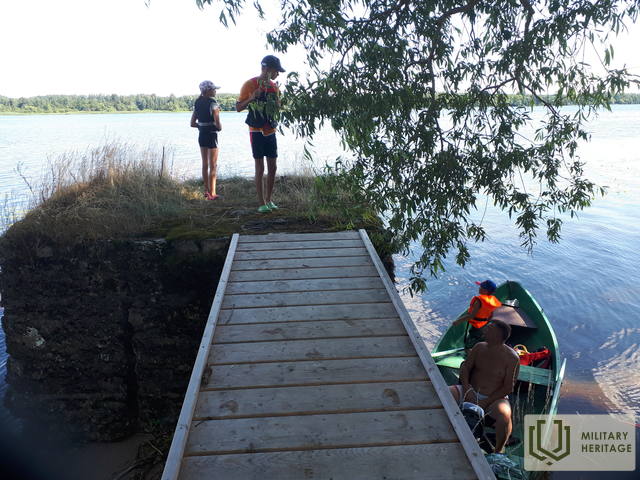
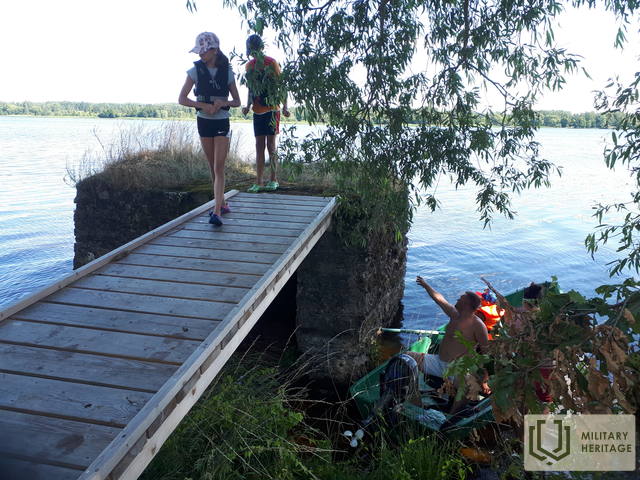
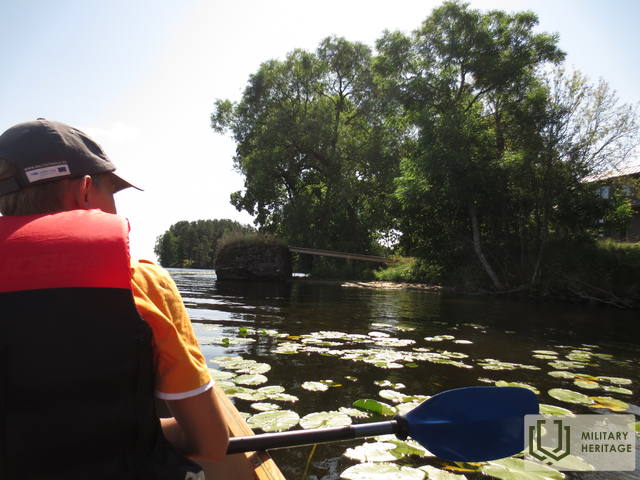
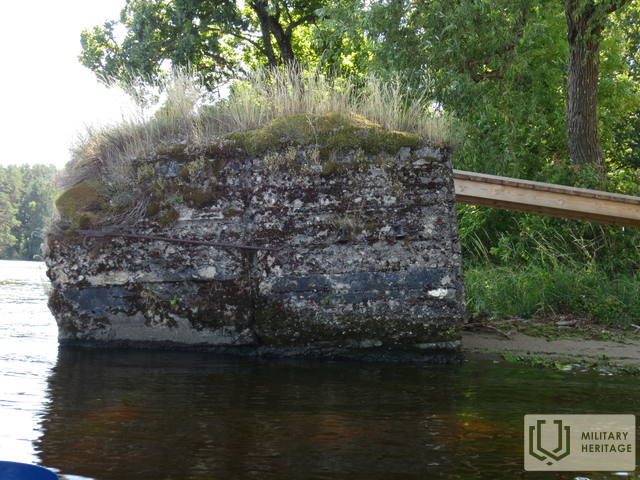

Ar pėsčiųjų takas iki objekto yra viešas, ar jis eina per privačią valdą?